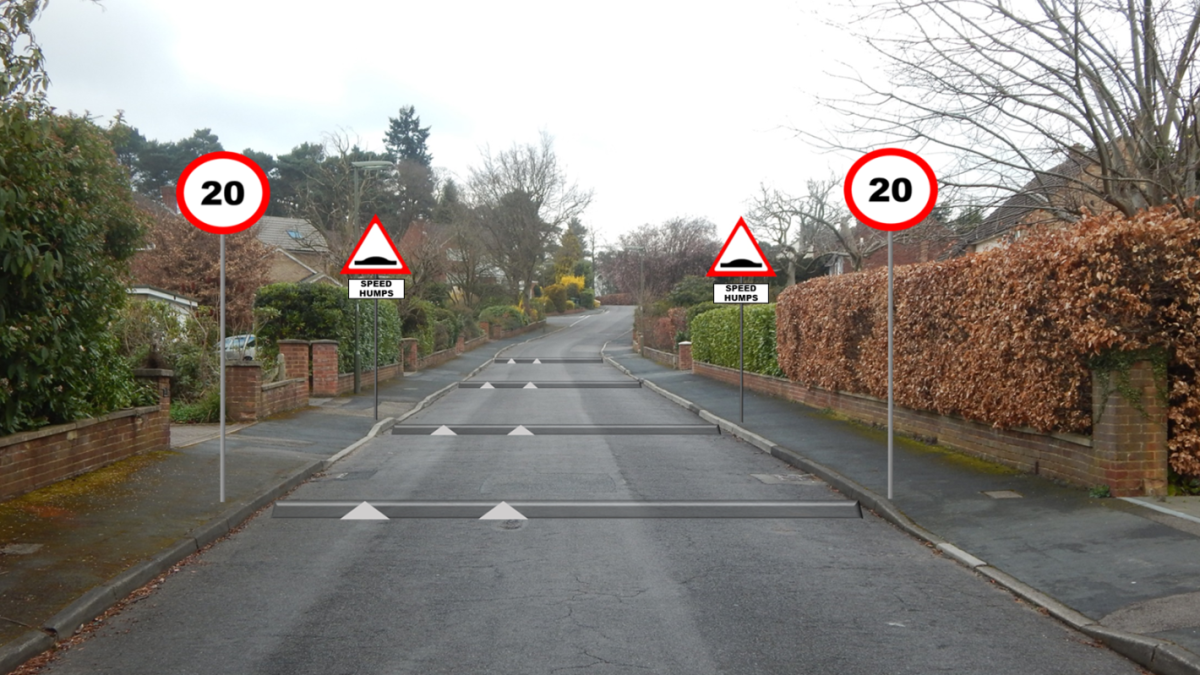
The Benefits of Regular Highway Maintenance
Regular highway maintenance plays a crucial role in ensuring the safety and efficiency of our roadways.
It involves a series of preventive and corrective measures that keep highways in excellent condition, capable of accommodating high volumes of traffic. The benefits of regular highway maintenance are manifold and have far-reaching implications for drivers, the environment, and public funds.
Improved Road Conditions
One of the primary advantages of regular highway maintenance is the preservation of road conditions. By conducting routine inspections, repairs, and resurfacing works, the occurrence of potholes, cracks, and other forms of damage is minimized. These road surface irregularities can pose serious risks to drivers, leading to accidents and vehicle damage. By addressing these issues promptly, regular maintenance enhances the smoothness and overall quality of the road, improving safety for all road users.
Reduced Traffic Congestion
Efficient traffic flow is an essential aspect of highway maintenance. Regular upkeep ensures that congestion and delays are minimized. Well-maintained roads are less prone to bottlenecks, easing the movement of vehicles and reducing travel time. By reducing traffic congestion, regular maintenance enhances the overall driving experience, making it more convenient and pleasant for road users.
Environmental Benefits
Highway maintenance also has significant environmental advantages. Well-preserved roads are less likely to experience excessive wear and tear, which can lead to the release of harmful pollutants into the air. Reduced emissions from vehicles in congested traffic contribute to improved air quality, benefiting both human health and the environment. Moreover, by preventing damage to road infrastructure, regular maintenance minimizes the need for large-scale repairs and reconstruction, thereby reducing the environmental impact of construction activities.
Cost Savings
Proactive highway maintenance helps save valuable financial resources in the long run. Regular upkeep prevents the occurrence of severe damage and mitigates the need for costly repairs. By investing in routine maintenance activities, such as pothole patching, crack sealing, and pavement resurfacing, governments and transportation agencies can avoid the need for expensive reconstruction projects. This not only saves money but also minimizes the inconvenience caused to commuters during extended road closures and construction activities.
Moreover, well-maintained roads have lower maintenance costs over time. By addressing minor issues promptly, highway authorities avoid more significant problems that may require extensive repairs. Regular maintenance also prolongs the lifespan of roadways, reducing the frequency of major rehabilitation and reconstruction projects. These cost savings can be reinvested in other transportation infrastructure projects or used to improve other public services.
The Importance of Regular Highway Maintenance
Regular highway maintenance is essential for the smooth functioning of road networks. It ensures the safety of drivers, reduces traffic congestion, protects the environment, and saves taxpayer money. Neglecting maintenance responsibilities can lead to deteriorating road conditions, which jeopardize road user safety and increase the likelihood of accidents. Moreover, poorly maintained roads can impede traffic flow, causing frustration and wasting valuable time for commuters.
To maintain the advantages offered by regular highway maintenance, governments and transportation agencies must allocate sufficient funding and resources. An integrated approach, combining preventive maintenance measures, such as regular inspections and repairs, with long-term planning and investment, is crucial. By prioritizing and implementing regular maintenance activities, we can ensure that our highways remain safe, efficient, and sustainable for years to come.
















